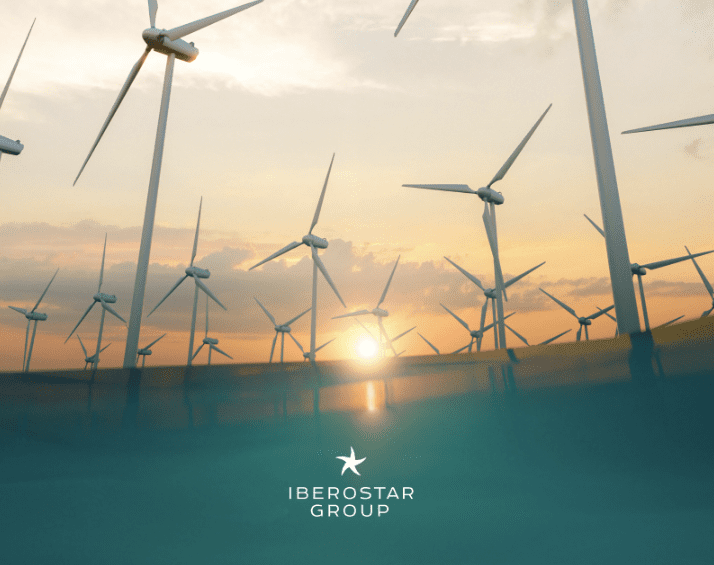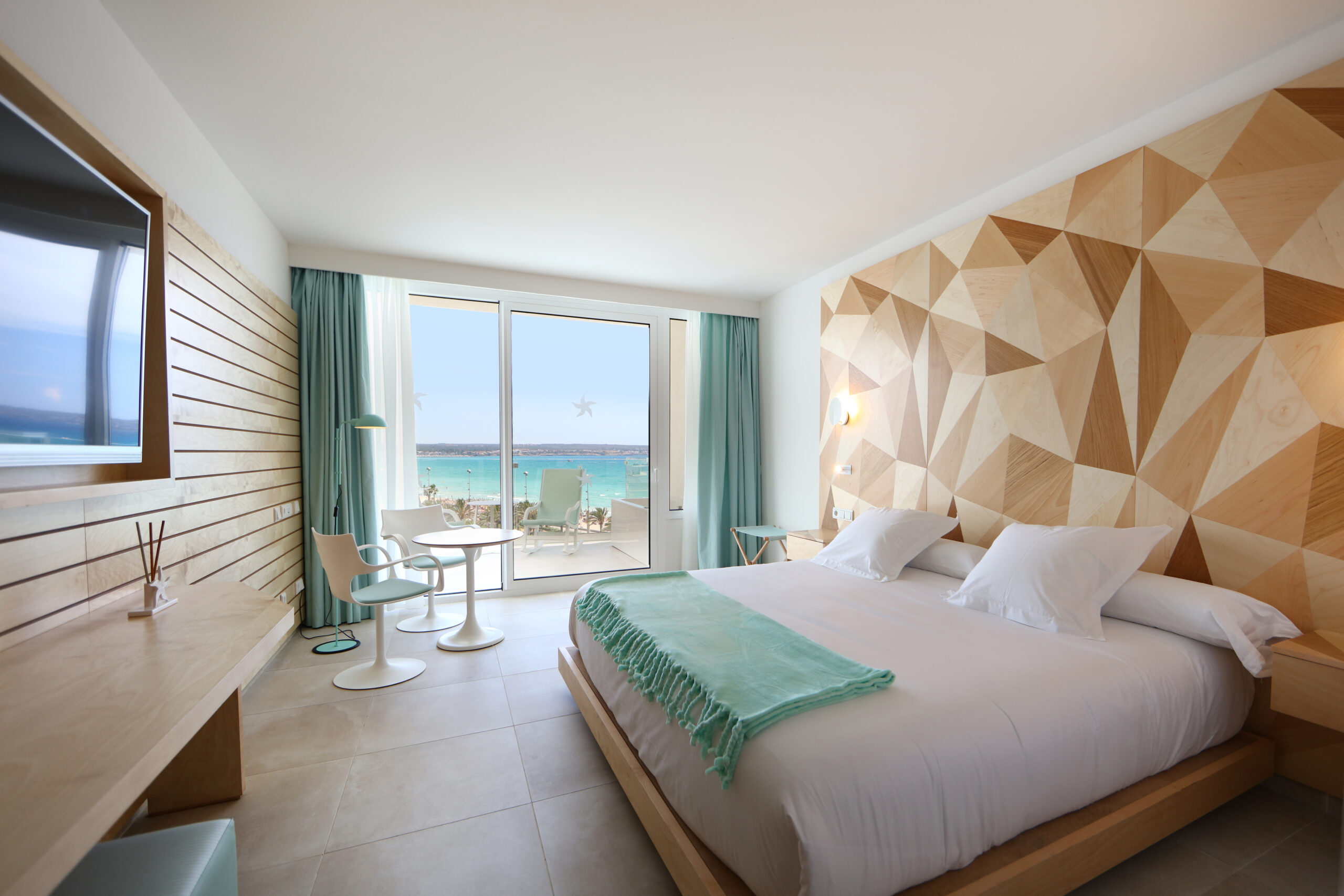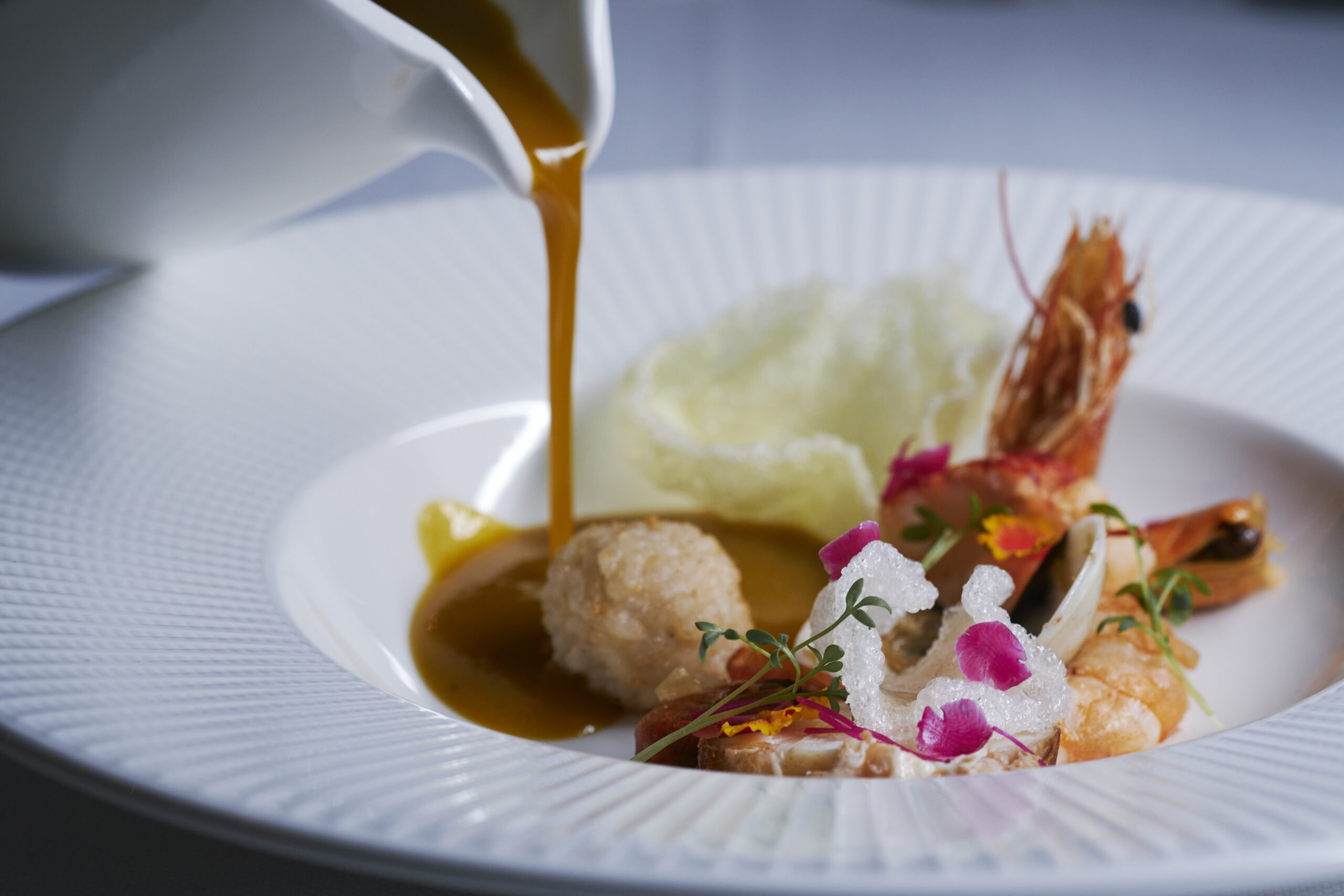Here you will find a couple of highlights of our comprehensive work, learn more about our work in 2020 in our year in review.
We consider responsible seafood as the intersection of the sustainability of fish stocks or aquaculture products, the social equity that those practices produce, and the economic viability of this work to sustain systems in the long term. This often means fisheries and farms that are rated or in an improvement program, and fisheries and farms that are responsible but not yet assessed or certified.
On World Oceans Day 2020, we announced our commitment to sourcing 100% of our seafood from responsible sources by 2025. In this commitment, we outline a strategy by defining our milestones each year up until 2025, what we define as responsible seafood and methods for reaching our goal. In the year 2020, our goal was to source 45% responsible seafood.
Amidst the uncertainty of 2020, we were still able to source 41.1% of our global seafood from responsible sources. Though this was just below our target of sourcing 45% from responsible sources by 2020, we worked within the framework of our objectives and accomplished 41.1% responsible sourcing. We were able to do so thanks to data collection and an incredible collaboration by our purchasing team, food and beverage teams and providers.
“What we found through data collection is that a large percentage of our sourcing already met our commitment based on our new definition of responsible which expanded beyond MSC and ASC certification.” Fran Díaz, Wave of Change Project Manager in Purchasing
In our first year, we strategically focused on the top 10 species by volume as they made up 46% of the total consumption. However, knowing their scientific names were not enough. We needed to discover their “key data elements” such as how they were fished, what country they were produced or caught in, and whether or not they had certifications or ratings. This required a huge level of coordination with our suppliers, purchasing department and Wave of Change team to achieve our intended sourcing goal in the midst of a global pandemic.
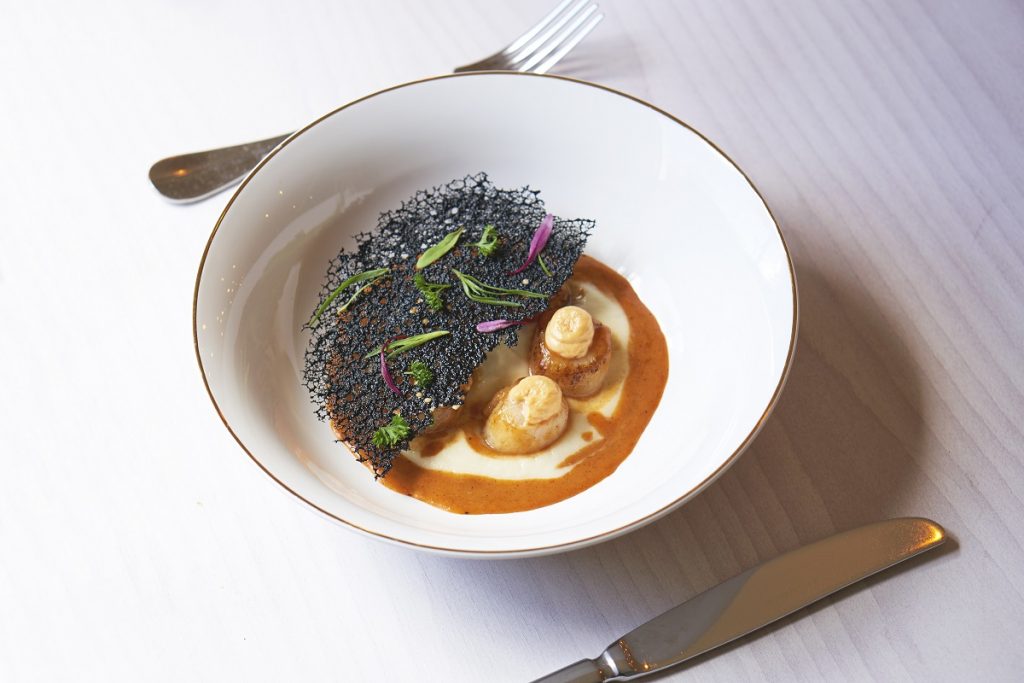
New Marine Stewardship Council & Aquaculture Stewardship Council Chain of Custody Certified restaurants
From seven in 2019 to 14 in 2020, we increased the number of Chain of Custody Certified restaurants you can eat at Iberostar resorts. Enjoy a seafood meal at one of these seven newly certified restaurants knowing you are contributing to protecting our oceans and fish populations.
Dominican Republic (Punta Cana)
Iberostar Grand Bávaro: Casa de la Playa Mediterranean Restaurant
Coral Level at Iberostar Selection Bávaro: El Faro
Iberostar Selection Bávaro: Il Forno
Mexico (Playa Paraíso)
Iberostar Grand Paraíso: Venecia Italian Restaurant
Iberostar Selection Paraíso Maya: Market gastronomy Lemon & Spice
Iberostar Selection Paraíso Lindo: Under the Sea
Portugal (Lisboa)
Iberostar Selection Lisboa: Luz
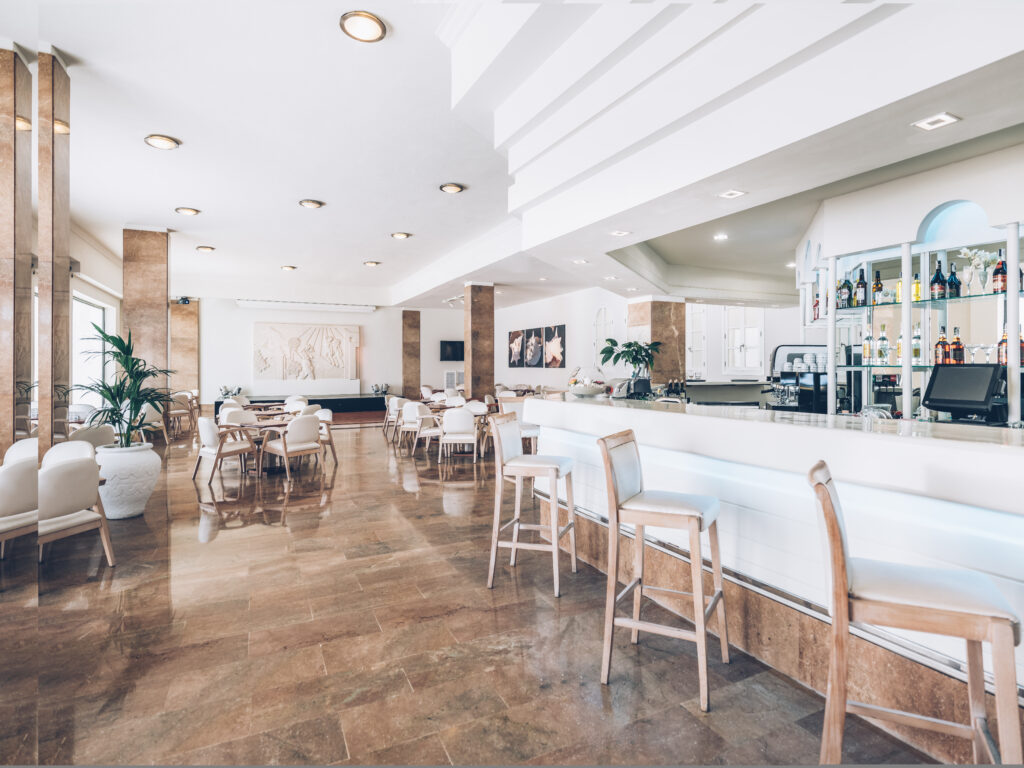
Looking for Responsible Lobster in Jamaica
In 2019, we consumed 32,759 kilos of caribbean spiny lobster at Iberostar Hotels in Jamaica. Because the Jamaican Lobster and Conch fisheries are of commercial value to export global markets, it provided an opportunity to build a business case for local fishermen and stakeholders to engage in improvements so that they can continue to have access to international markets which are increasingly demanding responsible seafood products. It also provides an opportunity to engage the tourism sector in Jamaica in the future to support responsible sourcing of lobster in this country, especially if some of these hotel chains have made global commitments in support of sustainable seafood within their procurement.
In March of 2020 we connected with NGOs working in this country to explore opportunities for collaboration, understand the current seafood landscape, and be able to identify potential stakeholders and funding needs for an improvement project.
In November and December, 2020, our ocean health team in collaboration with a local biologist organized an initial limited exploratory survey to the communities of White House and Negril. The goals of these surveys were to get a better understanding of the functionality of these communities and create a baseline using data collected in both areas that can help inform our local seafood strategy moving forward and be able to measure improvement. Surveying the fishermen helped us understand fishing pressures and several community metrics such as how they fish and how long are the fishing trips, if there is bycatch, and what other target species are being caught and if these other species’ populations are in a vulnerable condition. We are also able to understand market conditions such as prices paid at the point of landing versus the local market, type of fishing gear used, storage capacity, and if fishers own or rent their boats among other metrics. This initial community approach was limited in scope as a result of the current global health alerts; however, more detailed socioeconomic and safety surveys are planned for 2021.
These surveys helped our team develop a baseline that can be used to collect data in fisheries where there may not be existing traditional improvement projects led by environmental NGOs. At Iberostar, we believe that the health of fisheries is not only measured by environmental indicators, but also need to include the health of the communities that depend on this activity. These surveys will also help collect socio-economic data to measure improvements in fishers’ livelihoods in addition to improvements in the health and management of fisheries and farms. We are looking forward to working with NGOs and local groups to identify species in fisheries that could benefit from structured improvement measures. For example, working to support Fishery Improvement Projects (FIPs) in Latin America and the Balearic islands as well as scoping opportunities for launching new improvement projects in support of global squid and octopus fisheries. In areas where NGO participation is not feasible, we will work with these surveys and our science team to scope the fishery and build strategies for improvement in the future.
These are just a couple of highlights, we invite you to read more about our work in 2020 in our year in review.


